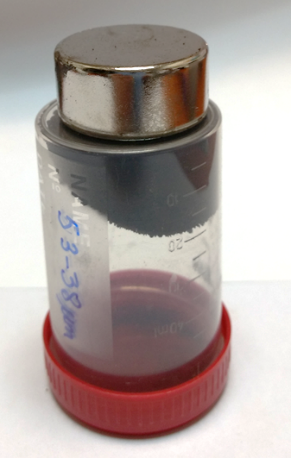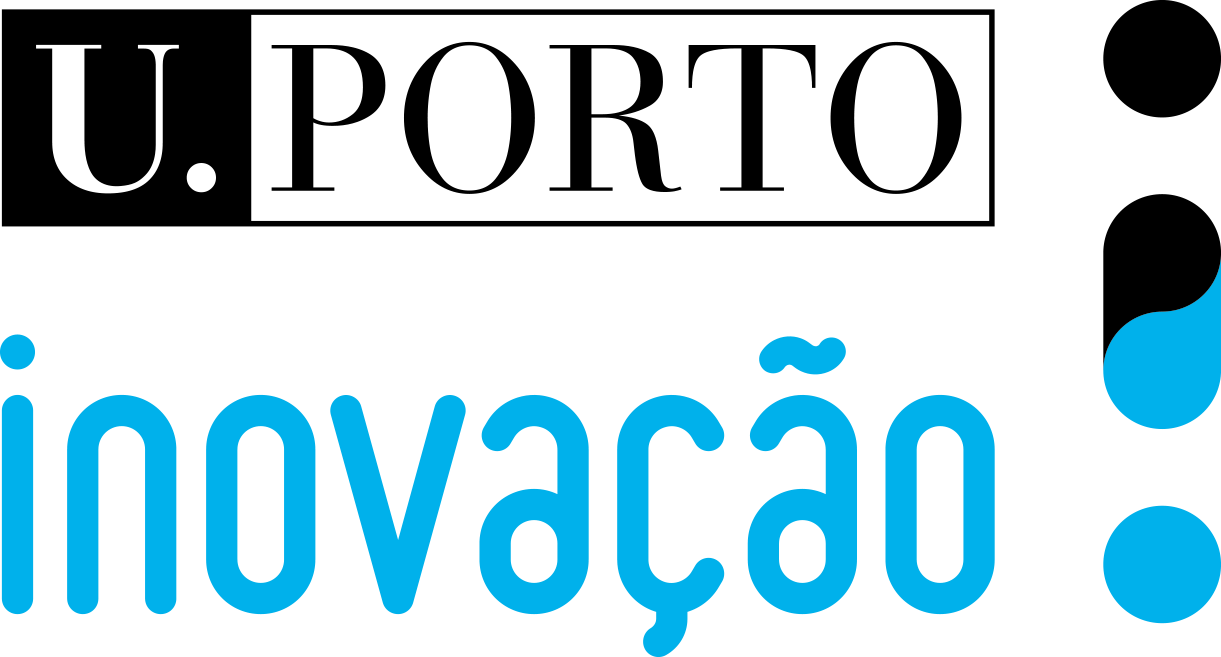
The starting point of the present invention is the ability incorporated particles have in modifying composite materials’ properties. The present invention consists in a technique to obtain magnetic particles, for instance particles with natural origin, such as cork particles. The magnetization process is carried out in an aqueous solution and, after stabilization, particles magnetization is achieved. Particles magnetization is kept after the drying process.
The demand for new materials with customized properties is increasing every day, which rises the need to combining different groups of materials, such as composites. Due to these requirements, polymers, paints or adhesives with increased electrical, thermal, magnetic, mechanical properties are being developed. A mix of properties is also required, along with the need to obtain lighter materials.
Mechanical, wear or electrical properties of the composite material can be adjusted and manipulated by applying these magnetic particles in the material. For example, magnetic particles can be applied to reinforce the polymeric matrix. Other example: the properties of specific locations of the material can be modified by moving the particles to these locations within the material. In addition, when magnetic particles are applied in the manufacture of sensors, relays or electromagnets, obtained materials are lighter than iron alloys. Moreover, the present technique is quite simple and produced residues are easily removable.
Magnetic particles have application in the manufacture of any component or consolidated material, which either has magnetic properties or is intended to be used in applications related to them. These magnetized particles can be used in the manufacture of composite materials, adhesives or paint. Also, these particles can be introduced in the production of sensors, relays or electromagnets, which are used in a large number of industries such as medical physics, robotics, automotive and aeronautical industry. The manufacturing process of the particles and magnetic parts has been optimized. Regarding to the bulk components, more tests on different materials are being carried out.






